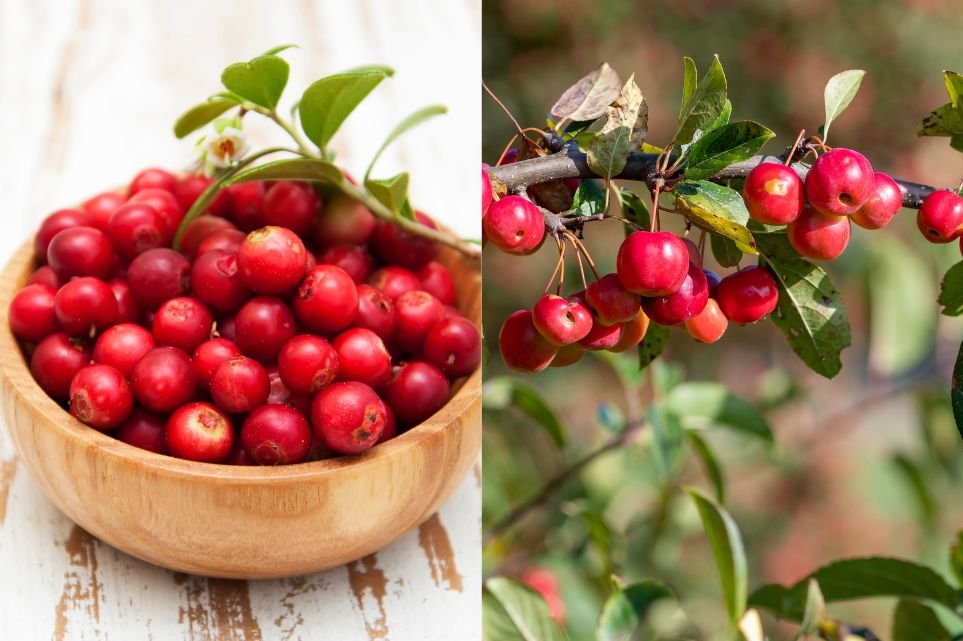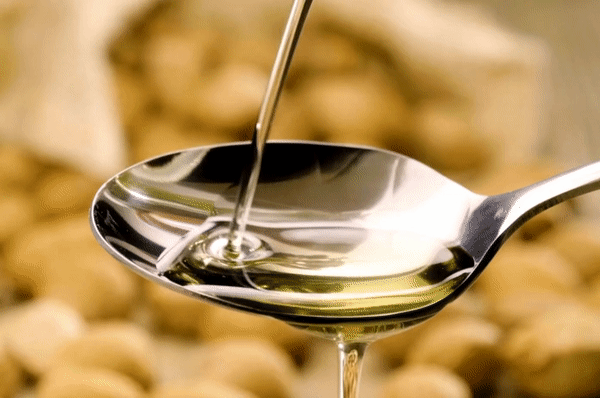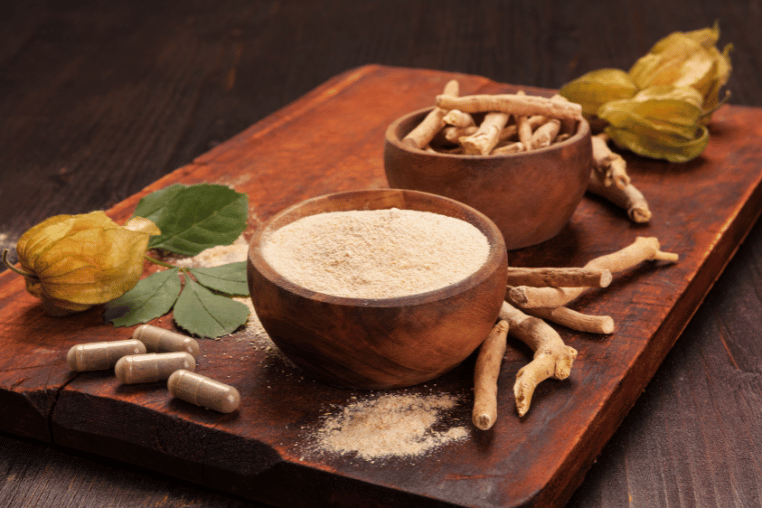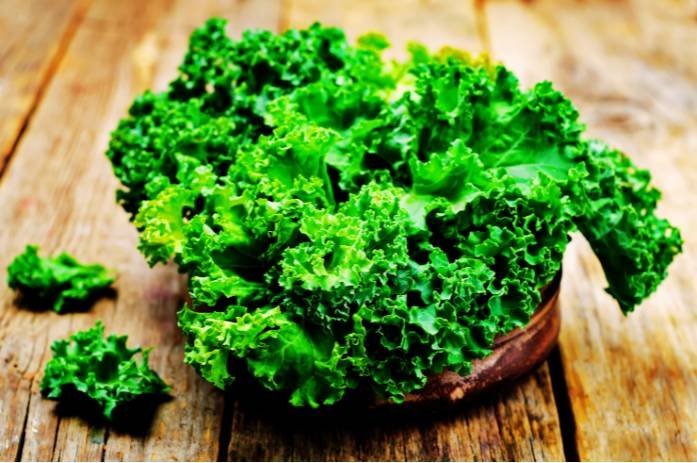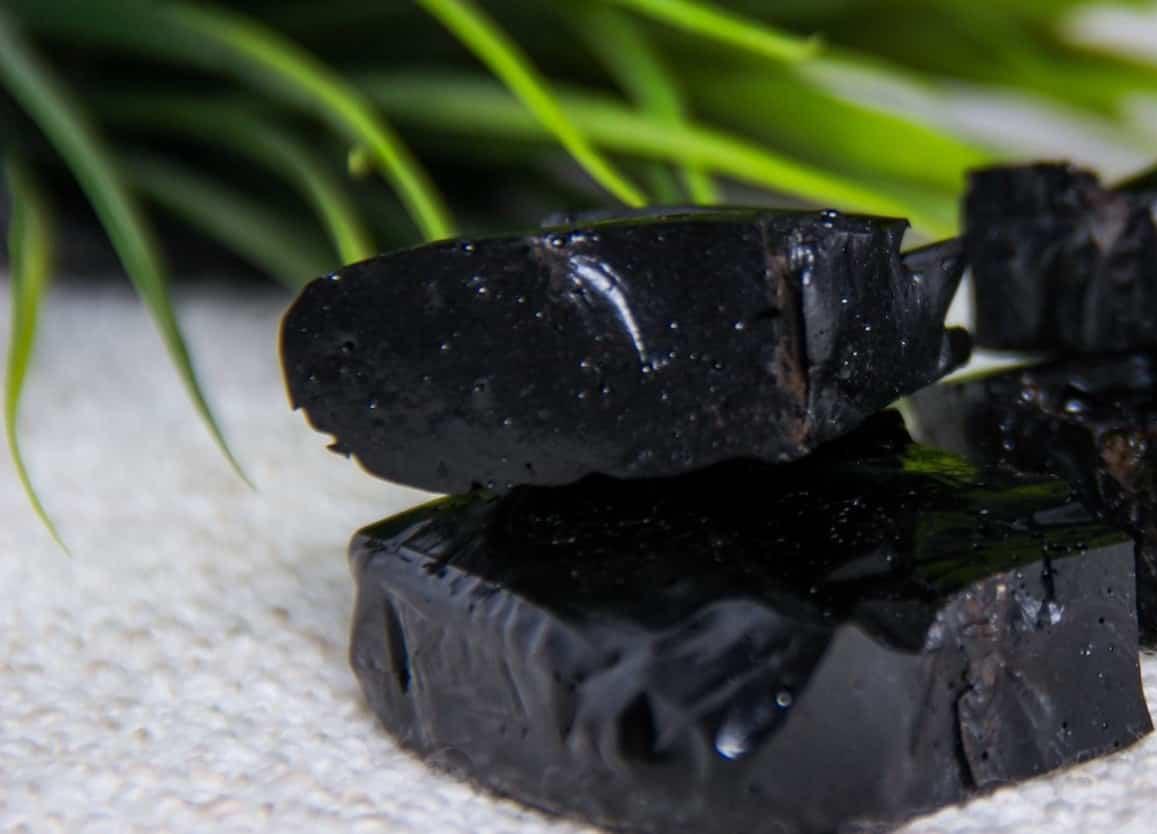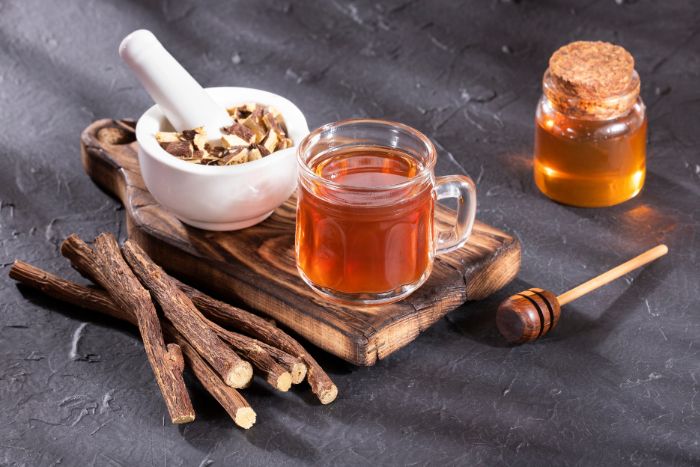
Certified Dietitian
Introduction
Cranberries, those vibrant red berries often associated with holiday meals, are more than just a festive addition to your plate. These tiny fruits are power-packed with numerous health benefits, making them a true superfood. From supporting urinary tract health to providing a rich source of antioxidants, cranberries have garnered attention for their potential to enhance overall well-being. Let’s explore the nutritional value of cranberries, examine their health benefits, and discover creative ways to incorporate them into your diet.
What are Cranberries?
Cranberries, scientifically known as Vaccinium macrocarpon, are small, round, and red berries that grow on evergreen shrubs primarily found in North America. Native Americans have long used cranberries for their medicinal properties, and over time, these berries have gained popularity worldwide due to their exceptional nutritional profile and versatility in cooking.
Nutritional Value of Cranberries
Cranberries are highly praised for their exceptional nutritional content. Despite their small size, they are impressively low in calories and fat while being a rich source of essential vitamins and minerals. Let’s take a closer look at the nutritional value of cranberries per 100 grams:
Calories and Carbohydrates
- Calories: Approximately 46 kcal
- Carbohydrates: Around 12.2 grams
- Sugars: Approximately 4 grams
- Dietary Fiber: Roughly 4.6 grams
Protein and Fat Content
- Protein: About 0.4 grams
- Fat: Approximately 0.1 grams
Vitamins and Minerals
- Vitamin C: Roughly 13.3 mg (22% of the recommended daily intake)
- Vitamin E: Approximately 1.2 mg (6% of the recommended daily intake)
- Vitamin K: Roughly 4.6 mcg (6% of the recommended daily intake)
- Copper: Approximately 0.1 mg (6% of the recommended daily intake)
- Manganese: Roughly 0.3 mg (15% of the recommended daily intake)
Health Benefits of Cranberries
Urinary Tract Health
One of the most well-known and extensively researched benefits of cranberries is their ability to support urinary tract health. Cranberries contain compounds known as proanthocyanidins (PACs), which may prevent certain bacteria from adhering to the urinary tract walls, thus reducing the risk of urinary tract infections, especially in the bladder.
Rich in Antioxidants
Cranberries are loaded with antioxidants, including vitamin C and flavonoids, which help neutralize harmful free radicals in the body. By consuming cranberries, you can boost your body’s defense against oxidative stress, which can contribute to various chronic diseases and premature aging.
Cardiovascular Support
The antioxidants and anti-inflammatory properties found in cranberries can also contribute to heart health. Regular consumption of cranberries may help reduce inflammation, improve cholesterol levels, and support healthy blood pressure, thereby reducing the risk of cardiovascular diseases.
Digestive Health
The dietary fiber content in cranberries can be beneficial for digestion. Fiber plays a crucial role in regulating bowel movements, preventing constipation, and fostering a healthy gut microbiome. A healthy gut is essential for overall well-being, as it supports immune function and nutrient absorption.
Immune System Boost
Vitamin C, found abundantly in cranberries, is well-known for its role in supporting the immune system. By consuming cranberries, you can provide your body with a natural boost to fight off infections and illnesses effectively.
Oral Health
Cranberries may also promote oral health by inhibiting the growth of certain bacteria associated with dental cavities and gum disease. Including cranberries in your diet, along with proper oral hygiene practices, can contribute to maintaining a healthy smile.
Incorporating Cranberries into Your Diet
The versatility of cranberries makes them incredibly easy to incorporate into your diet. Here are some creative ways to enjoy cranberries:
Fresh Cranberries
Fresh cranberries make for a delicious and healthy snack. Enjoy them as they are or add them to fruit salads for a burst of tangy flavor.
Cranberry Juice
Choose 100% pure cranberry juice without added sugars for a refreshing and nutritious beverage. Alternatively, try a blend of cranberry juice with other fruits for a tasty twist.
Dried Cranberries
Add dried cranberries to your oatmeal, yogurt, or trail mix for a delightful sweet and tangy kick.
Cranberry Sauce
Cranberry sauce isn’t just for holiday meals. Enjoy it as a delightful accompaniment to roasted meats or as a tasty spread.
Cranberry Supplements
If incorporating fresh or dried cranberries into your diet is challenging, consider cranberry supplements available in various forms, such as capsules or tablets.
Potential Precautions
While cranberries offer numerous health benefits, it’s essential to exercise some caution. If you are taking blood-thinning medications or are prone to kidney stones, consult your healthcare provider before consuming large quantities of cranberries or cranberry supplements.
Quick Recap
Cranberries are a nutritional powerhouse, packed with vitamins, minerals, and antioxidants that can significantly contribute to your overall health. By incorporating these tiny red berries into your diet, you can support your urinary tract, boost your immune system, and promote heart and digestive health. Whether you prefer them fresh, as juice, dried, or in sauces, there are plenty of ways to enjoy cranberries and reap their numerous health benefits.
FAQs (Frequently Asked Questions)
Cranberries contain compounds that may help prevent certain bacteria from causing urinary tract infections. However, they are not guaranteed cure, and it’s essential to maintain good urinary tract health through proper hygiene and hydration.
Yes, cranberries’ antioxidant content may support heart health by reducing inflammation and improving cholesterol levels. However, a heart-healthy lifestyle, including a balanced diet and regular exercise, is crucial for overall cardiovascular well-being.
You can enjoy cranberries in various forms, such as fresh, dried, juices, sauces, and even as supplements. Incorporate them into your meals, snacks, and beverages for a delightful and nutritious addition to your diet.
While cranberry supplements can offer certain benefits, it’s always best to obtain nutrients from whole food sources. Supplements should complement a balanced diet and not be a complete replacement for fresh fruits.
Cranberries are generally safe for most people when consumed in moderation as part of a varied diet. However, if you have any specific health conditions or concerns, it’s advisable to consult with a healthcare professional before making significant changes to your diet.
